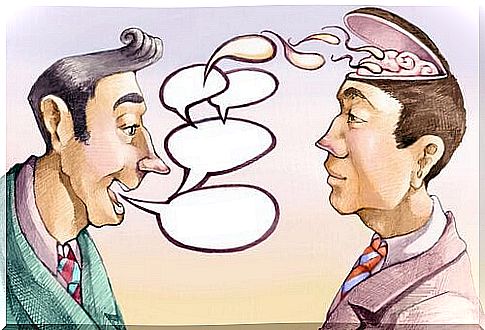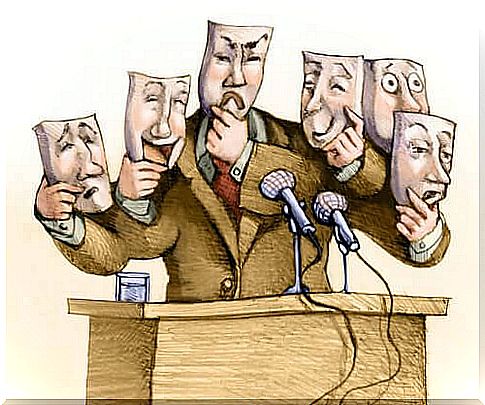The Drowsiness Effect, The Influence Of The Passage Of Time

When we persuade a person, we are causing them to do, feel or think something. But what happens as time goes on? The most common is that the effect of this persuasion weakens and the likelihood that others will stop doing, feeling or thinking what we wanted to increase. However, this reduction in the effects of persuasion, due to the influence of the passage of time, does not happen all the time. Sometimes it’s even the opposite that happens and this phenomenon has a name: the drowsiness effect.
So, it is possible that a message that tries to persuade us of something does not succeed when we receive it. Despite everything, the dozing effect causes this message to influence us with the passage of time. Forgetting who was the source, the person who persuaded, is very usual. Once we forget who gave birth to this message, the influence of the message may increase and changes in attitudes may appear.
The duration of persuasive messages
When a persuasive message is sent with the intention of changing an attitude, the moment of greatest effectiveness occurs after the message is delivered. In terms of the effectiveness of the latter, you should know that it will persist as long as we remember the message. Thus, the more the message is processed, the longer the persuasion will last.
But how is a message processed? It will depend, in part, on cognitive investment. The more cognitive resources we invest in the message, the more we will remember it over time. Greater attention to the message, understanding it, thinking it over, repeating it, discussing it with other people, comparing it with other messages, making it easy to access, etc.

Sleepiness effect
Sometimes a message becomes persuasive with the passage of time. Contrary to what one might hope, and as seen in the previous paragraph, changes due to persuasion may take a little while to appear. In order for the effects of persuasion to appear some time after the appearance of the persuasive message, specific conditions must be met. We can highlight, among others:
- That the content of the message and the peripheral signals separately affect the change in attitude. In addition, content and peripheral signals must not influence each other. Peripheral signals are formed by anything which does not belong to the content of the message but which is nevertheless processed. One of the most important peripheral signals is credibility.
- Let the recipients of the message analyze it carefully. If the message is text, receivers should read it carefully. If, on the contrary, it is an oral message, the receivers must listen to it and understand what it is about. In addition to analyzing it carefully, the receivers must be persuaded by this message and store it in their memory.
- That, initially, after having received the message and having been persuaded by it, the receivers pick up a signal which cancels the persuasion, a signal of rejection. For example, after listening carefully to a journalist’s message and accepting it because of the information it brings, the message will lose its persuasive effect if we think the journalist has no credibility.
- That with the passage of time, the recipients of the message forget the effect of the rejection signal to a greater extent than the content of the message itself. Let them continue to remember the content of the message but forget who spoke it. In this case, the journalist who was given little credibility.

The use of the doze effect
The dozing effect is very useful in persuading people who are initially very reluctant to it. The effects of persuasion last for about six weeks. When we see ads that make us buy certain products, we remember their content longer than the brand or company, or even the people who played in them. Therefore, avoiding or enhancing the sleepiness effect are two tactics that can be used depending on interests.
It is considered that a dissociation occurs through time between the message and the source when the sleep effect takes place. Some companies therefore choose to introduce similar messages periodically. This is enough to stimulate memory and so that such dissociation does not occur. It is for this reason that the actors of the advertisements are often the same. If we forget who was playing in it, the advertising will lose credibility. On the other hand, if the actor is always the same, she will have more credibility.
On the other hand, on certain occasions, it is better to forget the credibility of the source, especially when it is weak. In this case, the drowsiness effect should be enhanced. Many politicians are unreliable because of their backgrounds. They therefore send their most important messages spaced apart. Long after sending a message, so that people forget that they have spoken it but so that they do not forget its content.









